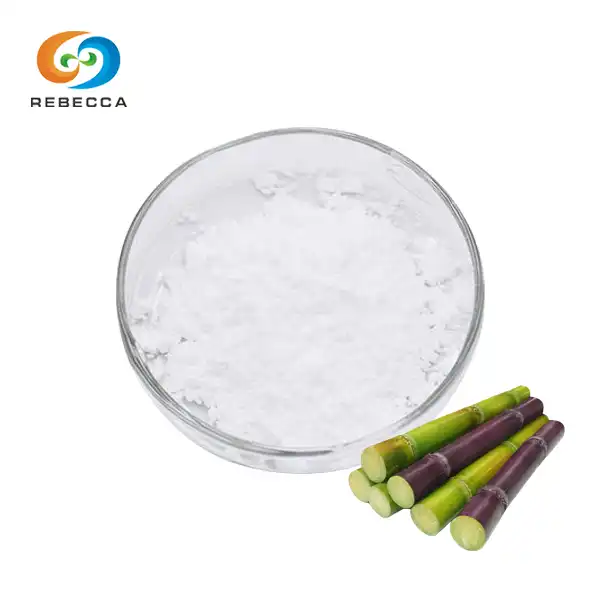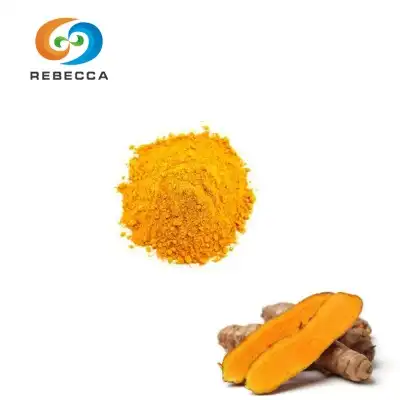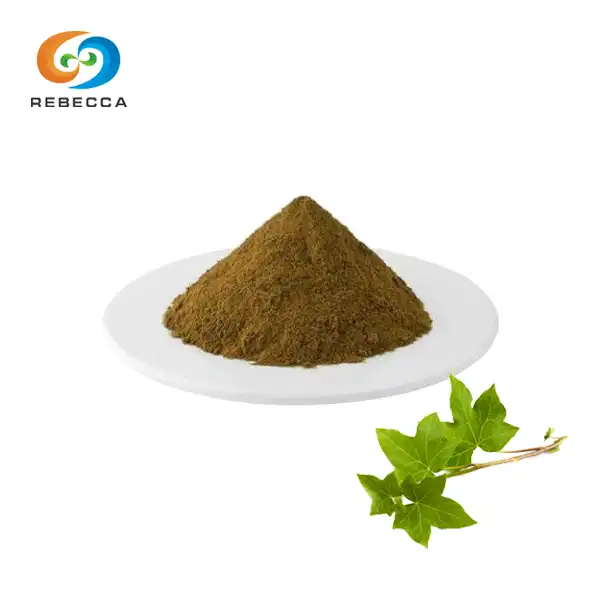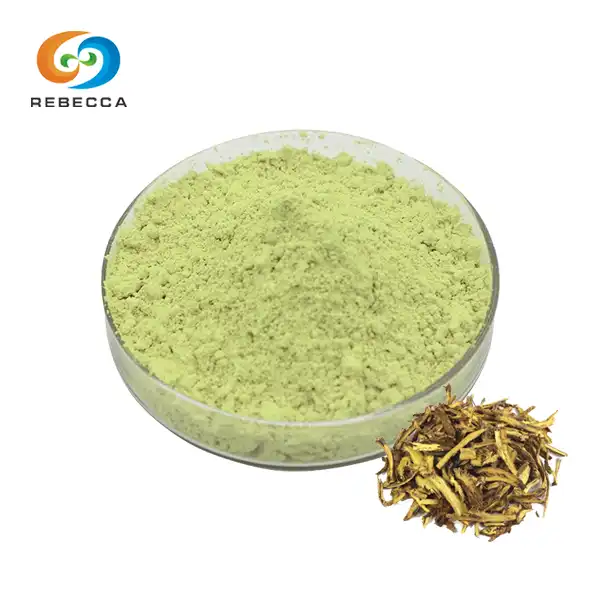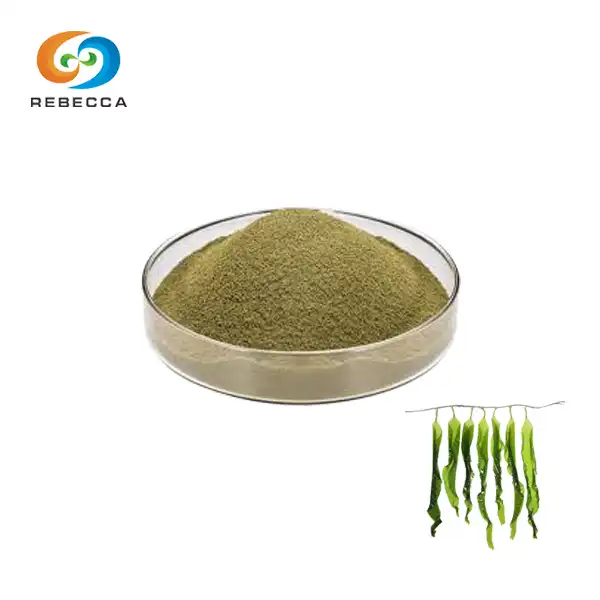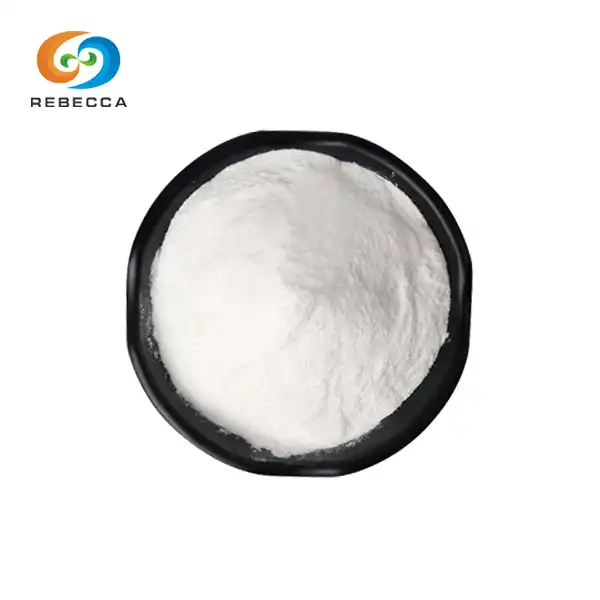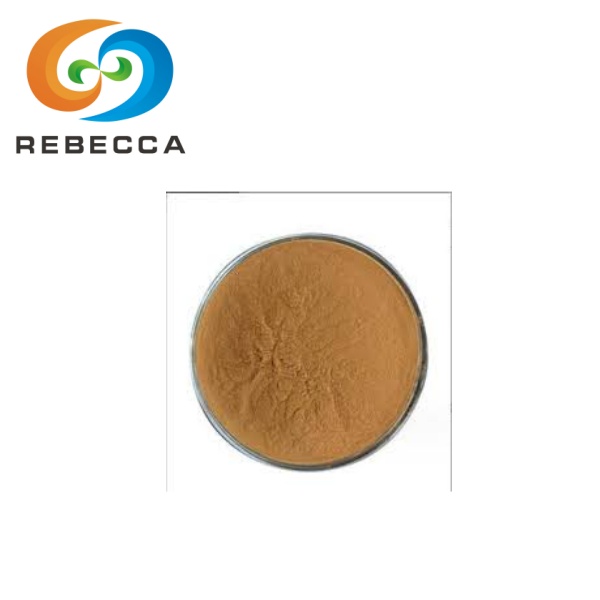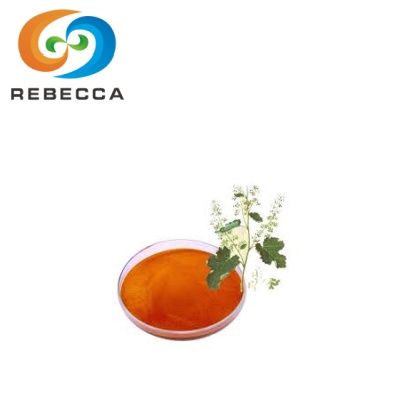Is Baikal skullcap the same as baicalin?
Baikal skullcap and baicalin are closely related but not identical. Baikal skullcap (Scutellaria baicalensis) is a medicinal herb, while baicalin powder is a specific compound extracted from this plant. Baicalin is the primary bioactive flavonoid found in Baikal skullcap, known for its potential anti-inflammatory and antioxidant properties. While the whole herb contains various beneficial compounds, baicalin offers a concentrated form of this particular flavonoid, allowing for more precise dosing in supplements and research applications.
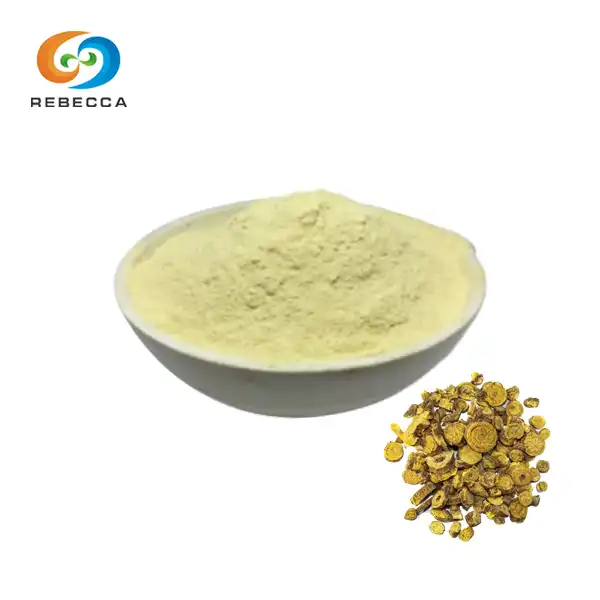
English name: Baikal skullcap root extract
Latin Name: Scutellaria Baicalensis Georgi. L .
CAS No.: 21967-41-9
Molecular forula:C21H18O11
Molecular Weight:446.37
Active ingredients: Baicalin
Specification: 70-98%
Use Part : Root
Appearance: Light yellow fine powder
Mesh size:80 Mesh
Test Method: HPLC
Definitions: Core Distinction
Baikal skullcap: The whole herb explained
Baikal skullcap, scientifically known as Scutellaria baicalensis, is a perennial herb native to East Asia. It has been a staple in Traditional Chinese Medicine (TCM) for centuries, valued for its diverse therapeutic potential. The plant's roots are particularly prized for their medicinal properties.
In its natural form, Baikal skullcap contains a complex matrix of compounds, including flavonoids, essential oils, and amino acids. This synergistic blend contributes to the herb's holistic effects on health. Traditional uses of Baikal skullcap encompass a wide range of applications, from promoting relaxation to supporting respiratory health.
Baicalin: A key flavonoid compound
Baicalin is the most abundant and well-studied flavonoid found in Baikal skullcap. It belongs to a class of compounds called flavone glycosides. Structurally, baicalin consists of the flavone baicalein bound to glucuronic acid. This unique chemical structure contributes to its biological activities and potential health benefits.
Research has shown that baicalin possesses notable antioxidant and anti-inflammatory properties. These characteristics make it a compound of interest in various fields, including nutraceuticals and cosmeceuticals. Baicalin powder, a concentrated form of this flavonoid, allows for precise dosing and easier incorporation into formulations.
Chemical composition differences
While baicalin is a major component of Baikal skullcap, it's important to note that the whole herb contains a multitude of other compounds. These include other flavonoids like wogonin and oroxylin A, as well as essential oils, sterols, and polysaccharides. Each of these compounds may contribute to the overall effects of the herb.
In contrast, baicalin powder typically contains a standardized amount of the isolated compound, often ranging from 70% to 98% purity. This standardization allows for more consistent and targeted applications, particularly in research settings or when formulating supplements with specific dosage requirements.
Baikal Skullcap Is the Source of Baicalin
Extraction process: From plant to powder
The journey from Baikal skullcap to baicalin powder involves a sophisticated extraction and purification process. Initially, the roots of the Scutellaria baicalensis plant are harvested and dried. These dried roots undergo a series of extraction steps, typically using solvents like ethanol or methanol to isolate the desired compounds.
Following extraction, the resulting solution undergoes further purification processes. These may include liquid-liquid extraction, column chromatography, or recrystallization techniques. The goal is to isolate and concentrate the baicalin compound, removing other plant materials and potential impurities. The final step involves drying the purified extract to produce baicalin powder.
Baicalin content in Baikal skullcap
The concentration of baicalin in Baikal skullcap can vary depending on factors such as growing conditions, harvest time, and the specific part of the plant used. Generally, the roots of Scutellaria baicalensis contain the highest levels of baicalin, typically ranging from 5% to 20% of the dry weight.
It's worth noting that the baicalin content in whole herb preparations will be significantly lower than in isolated baicalin powder. This difference in concentration is a key factor to consider when comparing the use of whole Baikal skullcap versus baicalin powder in various applications.
Other beneficial compounds in the herb
While baicalin is often the focus of research and applications, Baikal skullcap contains numerous other compounds that contribute to its overall effects. These include:
- Baicalein: The aglycone form of baicalin, also known for its antioxidant properties
- Wogonin: Another flavonoid with potential anti-inflammatory effects
- Oroxylin A: A flavonoid that has shown promise in various studies
- Essential oils: Contributing to the herb's aromatic properties and potential benefits
- Polysaccharides: Complex carbohydrates that may support immune function
These additional compounds work synergistically in the whole herb, potentially offering a broader spectrum of effects compared to isolated baicalin powder. This concept of synergy is often emphasized in traditional herbal medicine practices.
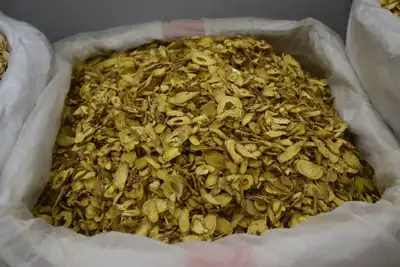
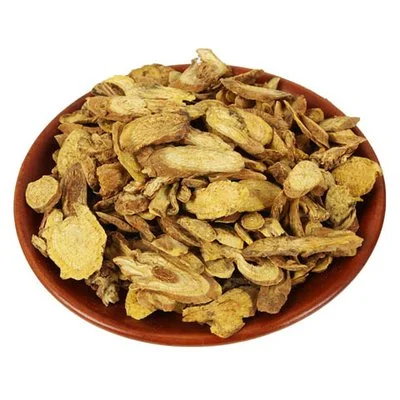
Practical Differences in Use
Traditional vs. modern applications
Baikal skullcap has been used in Traditional Chinese Medicine for centuries. In this context, the whole herb is typically prepared as a decoction or incorporated into herbal formulas. Traditional uses include supporting respiratory health, promoting relaxation, and addressing various inflammatory conditions.
In contrast, baicalin powder represents a more modern, targeted approach. Its concentrated nature allows for precise dosing and easier incorporation into supplements, functional foods, and skincare products. Modern applications of baicalin powder often focus on its potential anti-inflammatory and antioxidant properties, with ongoing research exploring its effects on skin health, cognitive function, and metabolic processes.
Dosage considerations: Herb vs. extract
When using Baikal skullcap as a whole herb, typical dosages in traditional practices range from 3 to 9 grams of dried root per day, often divided into multiple doses. However, it's crucial to note that these dosages are based on historical use and may vary depending on the specific preparation and individual needs.
Baicalin powder, being a concentrated extract, requires much lower dosages. Typical supplemental doses of baicalin range from 100 to 500 mg per day, although optimal dosages can vary based on the specific application and individual factors. The higher concentration of baicalin powder allows for more precise control over dosing, which can be particularly beneficial in research settings or when formulating standardized supplements.
Bioavailability and absorption rates
The bioavailability of compounds from whole Baikal skullcap can be influenced by various factors, including the presence of other plant constituents and the method of preparation. Some components in the whole herb may enhance the absorption of others, potentially leading to synergistic effects.
Baicalin powder, while offering a more concentrated dose, faces challenges in terms of absorption. In its pure form, baicalin has limited water solubility, which can affect its bioavailability. However, various formulation techniques, such as using phospholipid complexes or nanoparticle delivery systems, are being explored to enhance the absorption and effectiveness of baicalin powder.
While Baikal skullcap and baicalin are closely related, they are not the same. Baikal skullcap is the whole herb with a complex array of compounds, while baicalin powder is a concentrated extract of its primary flavonoid. Each offers unique advantages: the whole herb provides a synergistic blend of natural compounds, while powder allows for precise dosing and targeted applications. The choice between them depends on specific needs, whether it's adhering to traditional practices or developing standardized formulations for modern health and wellness products.
China Baicalin Powder Supplier
Shaanxi Rebeccia stands at the forefront of production, offering high-quality extracts for various industries. Our state-of-the-art facilities employ advanced extraction and purification technologies, ensuring consistent batch quality and potency. We provide baicalin powder with specifications ranging from 70% to 98% purity, catering to diverse formulation needs. Our products undergo rigorous quality control measures, complying with GMP and ISO standards to meet global regulatory requirements. For premium baicalin tailored to your specific needs, contact us at information@sxrebecca.com. Experience the difference of our expertly crafted, natural extracts in your next formulation.
References
- Chen, L., et al. (2019). Baicalin and its therapeutic potential in Scutellaria baicalensis. Journal of Ethnopharmacology, 240, 111939.
- Zhao, Q., et al. (2016). Pharmacological effects of baicalin on Scutellaria baicalensis Georgi. Pharmacognosy Reviews, 10(20), 84-89.
- Bensky, D., et al. (2004). Chinese Herbal Medicine: Materia Medica (3rd ed.). Eastland Press.
- Natural Medicines. (2021). Baicalin. Natural Medicines Comprehensive Database.
- Shen, Y. C., et al. (2003). Mechanisms in mediating the anti-inflammatory effects of baicalin and baicalein in human leukocytes. Planta Medica, 69(07), 628-635.
- Liang, W., et al. (2019). Therapeutic effects of baicalin on neurodegenerative diseases. Frontiers in Pharmacology, 10, 1477.
